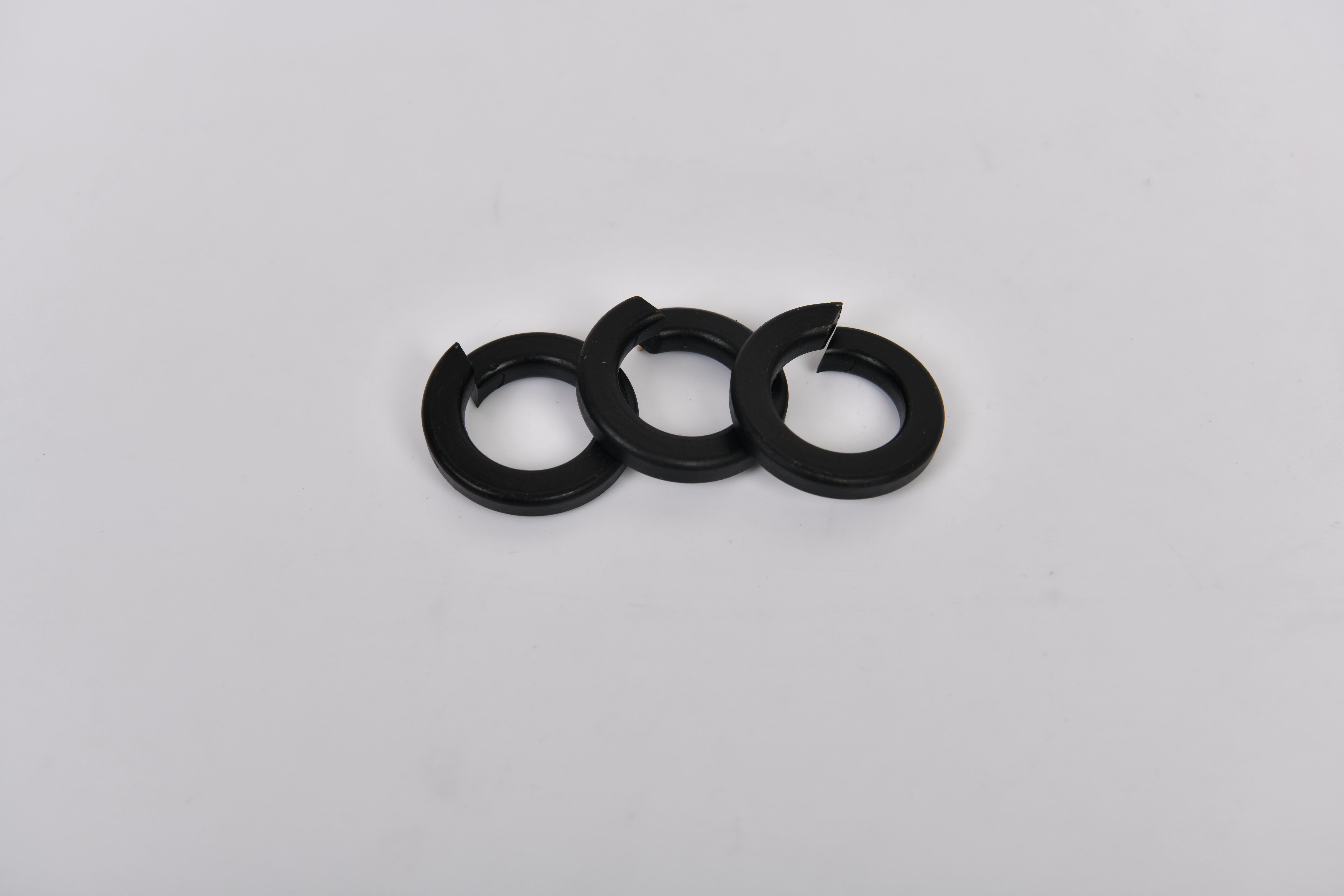best screw for drywall company
The Best Screws for Drywall A Comprehensive Guide
When it comes to hanging drywall, the choice of screws is almost as important as the drywall itself. The right screws can make a significant difference in the strength and durability of your drywall installation. Whether you're a DIY enthusiast or a professional contractor, knowing which screws to use can save you time, money, and effort in the long run. In this article, we will explore the best screws for drywall, their types, materials, and where to use them effectively.
Types of Drywall Screws
Drywall screws generally come in two main types coarse-thread and fine-thread screws. The choice between these two primarily depends on the type of framing material you are working with.
1. Coarse-Thread Screws These screws are designed for use with wood framing. The thicker, spaced threads provide excellent grip and holding power in wooden studs. They are also less likely to strip when being installed, making them a popular choice for many drywall applications.
2. Fine-Thread Screws Fine-thread screws are ideal for metal framing. The tightly spaced threads allow for a firmer hold in thin metal studs, which is essential to create a strong connection without damaging the material. When working with metal, fine-thread screws are a must for ensuring your drywall remains secure.
Materials and Coatings
Drywall screws are typically made from steel, but the type of steel and finish can vary. Most commonly, drywall screws are either black phosphate or zinc-coated.
- Black Phosphate Coated Screws These screws provide a modest level of corrosion resistance and are often the standard choice for most indoor drywall projects. Their dark finish also helps to reduce glare during installation.
- Zinc-Coated Screws Providing superior corrosion resistance, zinc-coated screws are preferable for areas exposed to humidity or moisture, such as kitchens or bathrooms. These screws are more durable and help to ensure the longevity of your drywall installation.
Length Matters
best screw for drywall company

When selecting drywall screws, the length is crucial. Most drywall sheets are 1/2 inch or 5/8 inch thick, so you'll want to choose screws that are long enough to penetrate through the drywall and into the framing behind without sticking out or risking damage to the surface.
- 1 1/4 inch Screws These are standard for attaching 1/2 inch drywall to wood framing
.- 1 5/8 inch Screws Recommended for thicker drywall (5/8 inch) or when attaching drywall to metal studs.
The general rule is to ensure the screw penetrates at least 1 inch into the framing material for adequate hold.
Installation Tips
To achieve the best results when installing drywall with screws, consider these tips
1. Spacing Position screws about 12 inches apart along the edges and 16 inches in the field (the middle area) of the drywall. This spacing ensures a secure fit while allowing for fluctuations in temperature and moisture.
2. Depth Be careful not to overdrive the screws. They should be slightly below the surface of the drywall paper for a smooth finish but not so deep that they damage the drywall integrity.
3. Use the Right Tools A drywall screw gun or a power drill with a drywall bit can help to drive screws efficiently, preventing overdriving and stripping.
In conclusion, choosing the right screws for drywall installation can greatly influence the quality and longevity of your project. By understanding the different types of screws, materials, and installation techniques, you can ensure a smooth and successful drywall installation. Whether you're working on a home renovation or new construction, selecting the best screws for your specific needs will result in a durable and professional finish.
-
Top Choices for Plasterboard FixingNewsDec.26,2024
-
The Versatility of Specialty WashersNewsDec.26,2024
-
Secure Your ProjectsNewsDec.26,2024
-
Essential Screws for Chipboard Flooring ProjectsNewsDec.26,2024
-
Choosing the Right Drywall ScrewsNewsDec.26,2024
-
Black Phosphate Screws for Superior PerformanceNewsDec.26,2024
-
The Versatile Choice of Nylon Flat Washers for Your NeedsNewsDec.18,2024










